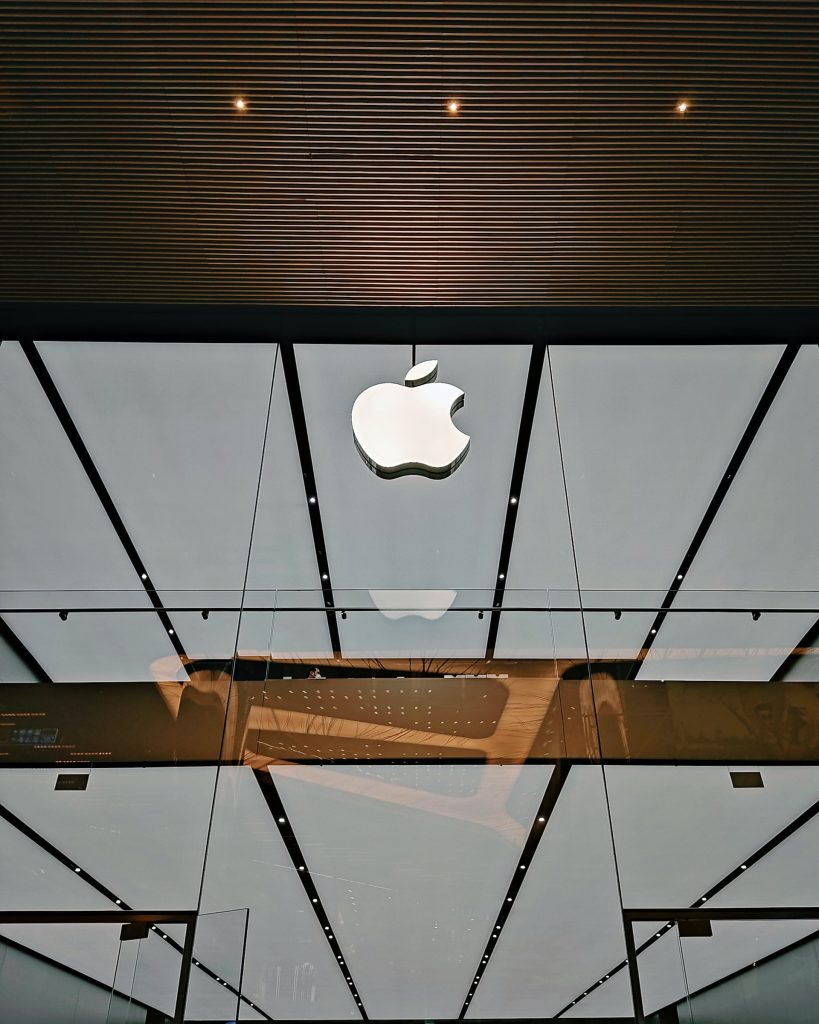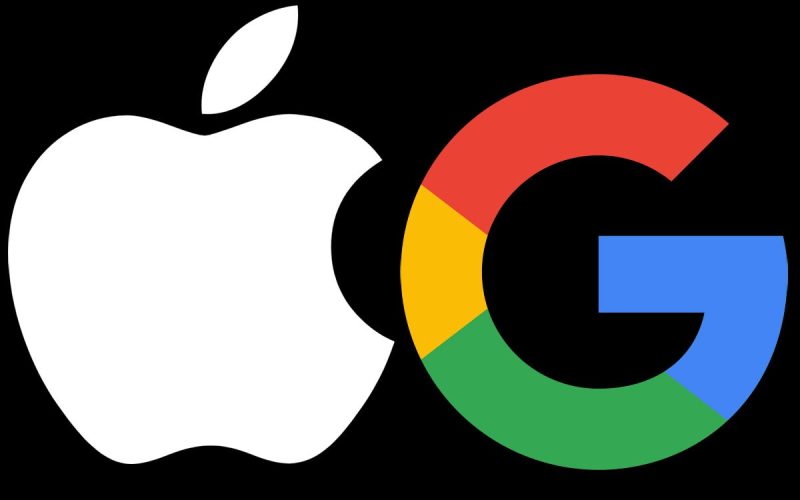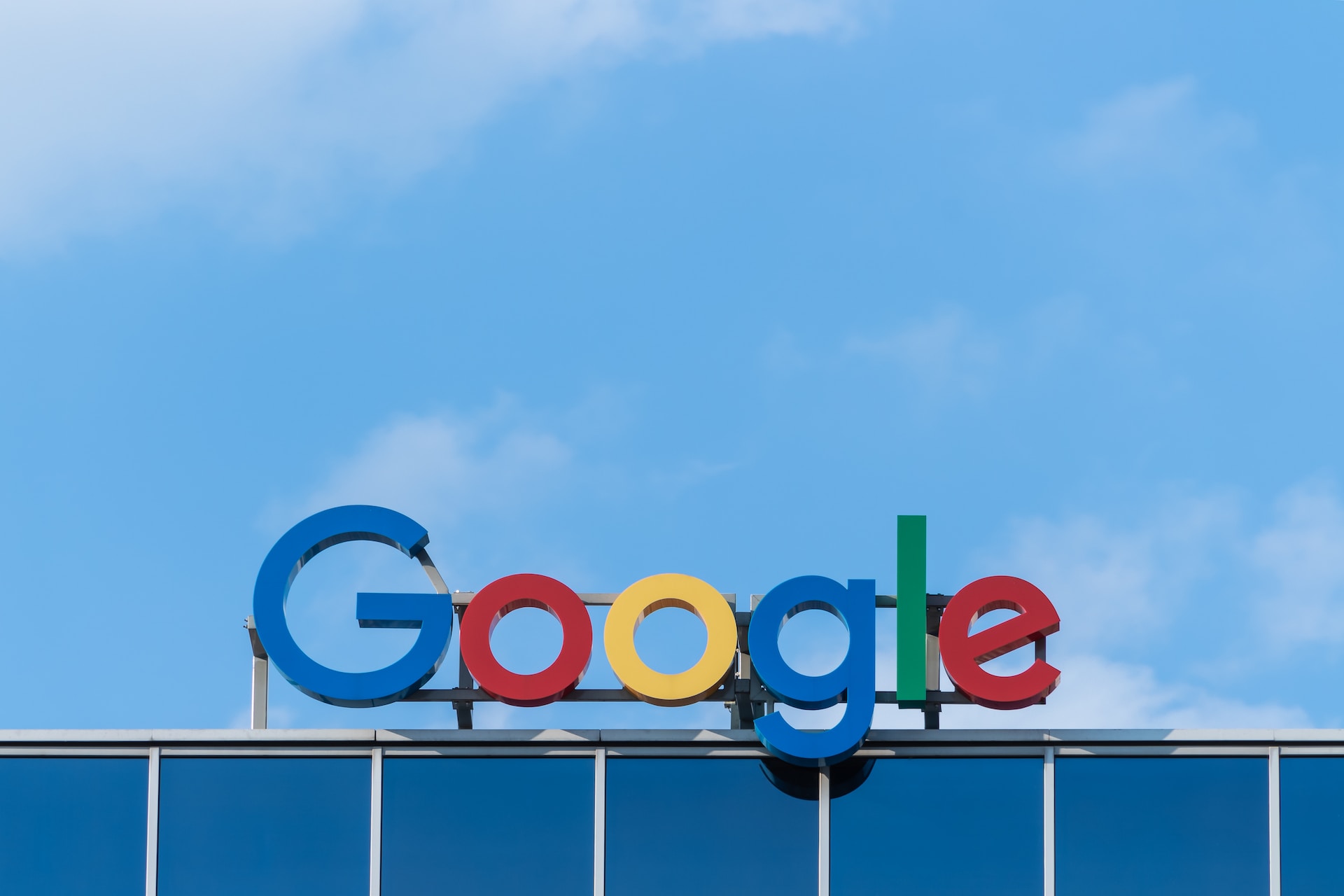Introduction
Fred Wilson, a seasoned tech analyst, has been at the forefront of the tech industry for over a decade. His expertise lies in understanding the complex dynamics of the tech world and translating them into insightful analyses. His work has illuminated the evolving landscape of technology, business, and law for a wide audience.
For years, the Apple App Store and Google Play Store have been the gatekeepers of mobile apps, earning billions through commissions and controlling distribution. But this App Store dominance is under unprecedented scrutiny. Regulators, lawmakers, and developers worldwide argue that these platforms stifle competition, inflate prices, and limit innovation. From Europe’s Digital Markets Act to high-profile antitrust cases in the U.S. and Brazil, the rules of the app economy are changing fast. In this article, we examine how Apple and Google face new pressures and what it means for app marketplace competition.
Understanding the Power of App Stores
In the digital age, app stores have emerged as powerful gatekeepers. They control access to the vast array of apps that power our smartphones, shaping the way we communicate, work, and entertain ourselves. They decide which apps can reach consumers, and they set the rules for how transactions occur in their digital marketplaces. This power has allowed them to shape the direction of the tech industry, influencing everything from the types of apps that get developed to the ways in which developers monetize their work.
The Reign of Apple and Google
Apple’s App Store and Google’s Play Store have established a duopoly in the app store market. These tech giants have built extensive ecosystems around their platforms, making them indispensable to app developers and consumers alike. Their dominance is such that any app developer hoping to reach a broad audience must adhere to their rules and policies. This has led to a situation where the vast majority of apps are distributed through these two platforms, giving Apple and Google unprecedented control over the app economy.

The Rising Challenges
However, this dominance has not gone unchallenged. Both Apple and Google have faced criticism and legal challenges regarding their app store practices. Critics argue that their policies stifle competition, limit consumer choice, and impose unfair fees on developers. These criticisms have led to a number of high-profile lawsuits and regulatory investigations, putting the practices of these tech giants under the microscope.
Legal Implications and Antitrust Laws
These challenges have led to scrutiny from lawmakers and regulators around the world. In the U.S. and Europe, antitrust investigations are underway to determine whether these tech giants are abusing their market power. The outcomes of these investigations could reshape the app store landscape and have far-reaching implications for the tech industry. They could lead to changes in the way app stores operate, potentially opening up the market to more competition and innovation.
Impact on Developers and Consumers
The outcome of these challenges could have significant implications for app developers and consumers. If Apple and Google are forced to change their app store practices, it could lead to more competition in the app market, potentially benefiting developers and consumers. Developers could have more freedom to innovate and offer competitive pricing, while consumers could enjoy a wider selection of apps and better pricing.
Challenging App Store dominance isn’t just a developer issue—it affects users and the broader app ecosystem. Potential benefits include:
- Lower app prices as developers avoid high platform fees.
- More payment options, including local and cryptocurrency methods.
- Faster app updates without rigid review windows.
- Greater privacy controls, as users choose third-party stores with tighter data policies.
However, opponents highlight risks:
- Security threats from unvetted apps spreading malware.
- Fragmentation leading to inconsistent user experiences across platforms.
- Increased complexity around refunds, subscriptions, and support.
Balancing these factors will be crucial as new rules roll out globally.
The Road Ahead
The future of app stores and the tech industry is uncertain. As legal challenges mount, Apple and Google may need to adapt their business models. The tech industry, known for its rapid innovation, will continue to evolve in response to these challenges.
Comparative Table
| Company | App Store Policies | Revenue | Number of Apps |
|---|---|---|---|
| Apple | Strict, with a focus on quality and security | High, with a significant portion coming from app sales | 2 Million+ |
| More flexible, with a wider variety of apps allowed | High, but with a larger portion coming from advertising | 3 Million+ |
Legislative Moves: The Open App Markets Act
In Washington, bipartisan efforts are underway to codify app marketplace reforms. The Open App Markets Act (OAMA) was reintroduced in June 2025, aiming to force both Apple and Google to:
- Allow sideloading of apps directly onto devices.
- Permit third-party app stores on iOS and Android without punitive fees.
- Enable developers to communicate with users about alternative purchasing options.
Proponents argue OAMA will spur competition and lower app costs for consumers. Opponents warn it could introduce security risks if sideloaded apps bypass official review processes. Yet the bill’s progress shows mounting political will to challenge App Store dominance in the U.S.
Developer Backlash and Alternative Stores
Beyond regulators, developers themselves are striking back. Epic Games’ ongoing litigation against Apple—stemming from its 2020 in-app payment dispute—culminated in a 2025 injunction requiring Apple to allow external payment links and banning “scare screens”. Epic’s founder, Tim Sweeney, and other developers have called Apple’s DMA-driven concessions “inadequate,” arguing fees up to 15% on external payments still disadvantage competitors.
Android developers have more flexibility: major OEMs like Samsung already run alternative stores, and Android’s open nature allows sideloading. Nevertheless, Google’s Play policies have long discouraged outside marketplaces. U.S. and EU rulings now threaten to expand consumer choice, potentially leading to new app stores and lower fees.
What’s Next for Apple and Google?
Both companies are taking steps to comply and to defend their models. Apple has appealed EU rulings and is testing a new External Purchase Link API for developers, while refining App Store policies to add small-business fee tiers and reduce friction. Google is pushing back on DMA obligations at European Commission workshops and seeking clearer guidance on compliance costs.
In the U.S., Apple and Google lobby intensively. They argue that integrated stores and payment systems protect users and maintain high security standards. Their legal teams are preparing for appeals in antitrust cases, and both giants continue to innovate in cloud gaming, streaming, and subscription bundles—all areas potentially disrupted by new app marketplace rules.
Conclusion
The era of unquestioned App Store dominance is ending. Regulators from Brussels to Brasília, courts in the U.S., and legislators on Capitol Hill are converging to demand more open, fair, and competitive ecosystems. Developers are seizing newfound freedoms, while Apple and Google adapt to avoid fines and bans. For consumers, the result could be lower prices, more payment options, and richer app experiences—but only if security and quality controls keep pace. As these battles unfold, one thing is clear: the mobile app economy is being rewritten, and every stakeholder must pay attention to what comes next.










